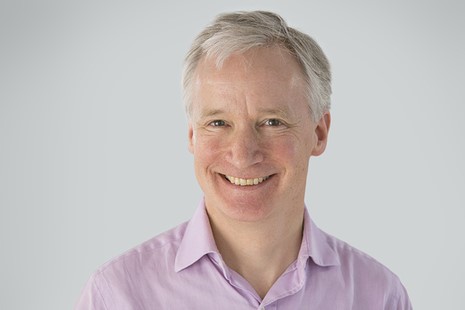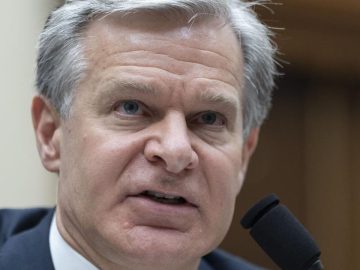Arts Council England and UK government should work together to develop centralised artificial intelligence (AI) infrastructure to allow theatres and cultural organisations to identify new audiences to sell content to, an AI expert has said.
Speaking at the Cultural Governance Alliance’s conference – Governance Now – held on Wednesday (6 November), Doug Gurr, director of the Natural History Museum, said the sector is yet to embrace AI, warning that organisations could miss out on huge opportunities if they do not act soon.
Gurr, who is also chair of the Alan Turing Institute, the UK’s national institute for data science and artificial intelligence, said the adoption of AI technology at the Natural History Museum is helping the institution to digitise collections and complete tasks thousands of times faster than a trained human.
Rather than being replaced by technology, staff are now “managing the machines”.
‘Supporting the sector’
Asked by Sunita Pandya-Malik, Tara Theatre Wandsworth, how small to medium-scale theatres that do not have huge resources or the mechanisms to access large government pots of money can take advantage of such opportunities, Gurr mooted a centralised system as the way forward.
“It’s somewhere that Arts Council England [and government] can build services to support the sector,” he said.
“Rather than say you go and spin up your own [AI] team because that’s not going to happen, even for national museums, why don’t we build an AI or technology service centre for the sector which will enable every organisation to plug in their content?
“The beauty is that you build that structure once, and you have built it. Everyone can tap into it. Then it comes down to the individual organisation to get excited and embrace it.”
“Hopefully, we’ll persuade [government] to do this – they did fund some pilots [for the Natural History Museum].
Economic value
The Natural History Museum is currently leading the DiSSCo UK project, announced by the previous Conservative government in March – a £155 million, 10-year programme to digitise natural science collections held in the UK using the latest AI-derived innovations.
It is hoped the programme will allow researchers in the UK and worldwide to use museum collections to solve global problems, from helping scientists design climate change-resistant crops to identifying the location of future pandemics to studying bats.
The economic value to the UK of research enabled by digitisation of natural history collections has been put at more than £2bn.
Gurr said the biggest opportunity for theatres and cultural institutions is turning a local audience into a global audience.
“You will have people around the world who are willing to pay for your content.
“With infinite resources, that would be easy to do – we’ll just spin you up this and build you a proper machine learning tool; we’ll find a way of identifying those needles in a haystack everywhere around the world that are passionate about you, connect you with them, build a lifetime relationship and before you know it you won’t be worried about paying the bills.
“We need to build an infrastructure so smaller organisations can have the same capabilities as larger organisations.”
Advertisement




